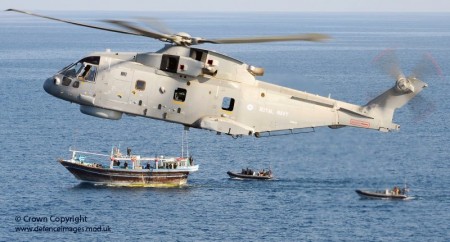
This article was originally published by the Institute for Security Studies (ISS Africa) on 8 February 2016.
Last year saw an almost total absence of reports of piracy and armed robbery at sea in the western Indian Ocean and off the coast of Somalia. This is the laudable outcome of concerted international and regional counter-piracy efforts.
Since 2012, there has been an annual decline in the total number of reported attempted and actual attacks in the region. The decline has led to calls for reforms to four key international counter-piracy institutions in the new ‘post-piracy’ environment.
These reforms are important, but will not provide lasting solutions if African maritime, economic and developmental interests are neglected.
It will therefore be vital that local stakeholders, such as the African Union (AU) and the Intergovernmental Authority on Development (IGAD), drive new developments.
The drop in piracy figures means that many counter-piracy institutions and mechanisms are now seen as costly, inconvenient, cumbersome and unjustified. In their present configuration, many of these measures also seem inadequate. New maritime security tasks entail more than simply keeping piracy suppressed, but are also about simultaneously building blue economies and conducting peacebuilding in Somalia.
